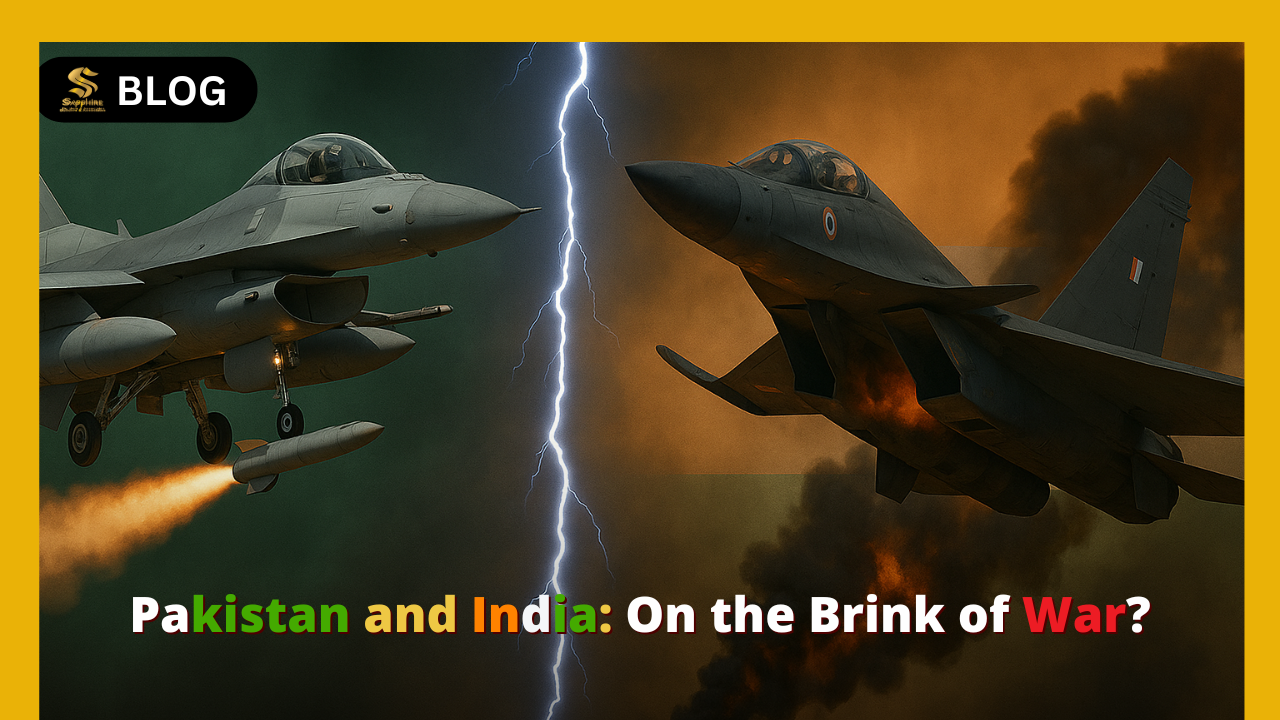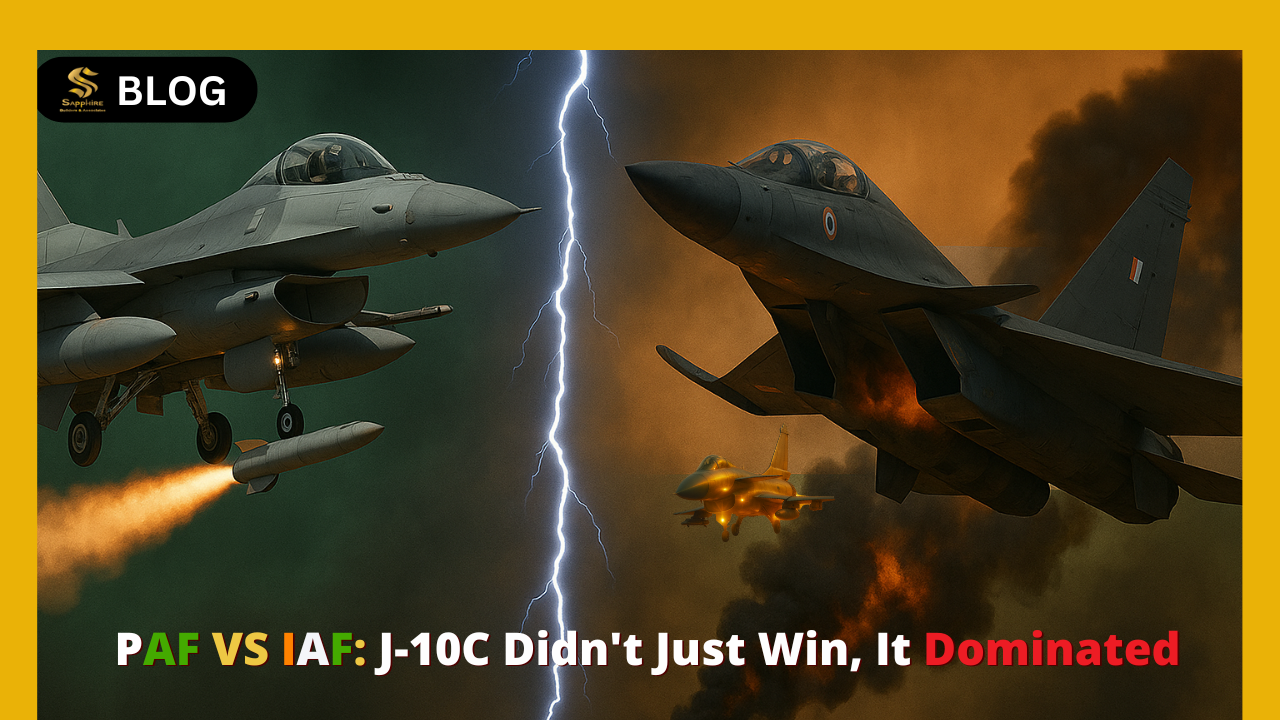
Share This Story, Choose Your Platform!
Tensions Rise Again: Escalation of the War Situation Between Pakistan and India
Tensions between Pakistan and India have once again resurfaced, casting a shadow over regional peace and stability in South Asia. Following a tragic incident in Indian-administered Kashmir, the situation has spiraled into aggressive military action, damaging diplomacy and threatening the lives of innocent civilians on both sides. While India has launched cross-border strikes and intensified its media campaign, Pakistan maintains that peace, dialogue, and justice, not provocation are the real solutions.
Pakistan Condemns Terrorism, But Rejects Blame Without Evidence
Following the April 22 attack in Pahalgam, India hastily pointed fingers at Pakistan, despite a lack of concrete evidence. Pakistan categorically condemned the attack and reiterated its long-standing position against terrorism in all forms. The accusation that a former Pakistani soldier was involved is serious, but such claims must be independently investigated, not used to justify unilateral military actions.
Pakistan has consistently offered to cooperate on joint investigations and has encouraged third-party mediation to ensure transparency. Unfortunately, these offers have repeatedly been dismissed by India.
Operation Sindoor: A Violation of Sovereignty
India’s so-called “Operation Sindoor” on May 7, 2025, targeted sites in Pakistan-administered Kashmir and Pakistan’s Punjab province, including Bahawalpur, Muridke, and Muzaffarabad. These strikes resulted in the deaths of at least 31 civilians and injuries to 57 others, with mosques and residential areas among the destroyed sites. Pakistan condemned these attacks as a blatant violation of its sovereignty and an unjustified act of aggression.
Pakistan’s Swift Retaliation
In response to India’s airstrikes, Pakistan launched a measured military retaliation. The Pakistani military reported downing five Indian fighter jets, including a Rafale aircraft, and destroying multiple Indian military installations along the Line of Control. Pakistan emphasized that its response targeted military objectives and avoided civilian areas, underscoring its commitment to proportionality and restraint.

You May Also Read
Best Location to Invest in Islamabad: Why Opal Mall Tops the List
Diplomatic Breakdown: Who Walked Away From Peace?
In the aftermath, it was India—not Pakistan—that escalated the conflict diplomatically:
- India suspended the Indus Waters Treaty, a critical agreement that has been a symbol of cooperation even in times of war.
- Indian authorities expelled Pakistani diplomats, closed the Attari-Wagah border, and cut trade and transport links.
- Pakistan responded by suspending the Shimla Agreement, restricting Indian airspace, and recalling its own diplomatic staff, moves that came only after India’s escalatory decisions.
Pakistan has historically advocated for peaceful resolution through dialogue, from the Agra Summit to the Kartarpur Corridor initiative. However, India’s recent actions suggest an unwillingness to engage in meaningful peace efforts.
Media War and Misinformation
The Indian media’s aggressive narrative has further fueled tensions. Sensational headlines and unverified reports have created an atmosphere of fear and jingoism. In contrast, Pakistan’s state and independent media have called for calm, truth-based reporting, and de-escalation.
The need of the hour is responsible journalism that informs rather than incites—and unfortunately, India’s media machinery has too often been used to justify militarism.
A Call for Peace, Not Provocation
Pakistan believes that peace in South Asia cannot be achieved through dominance or coercion. It must be built on mutual respect, dialogue, and justice. The world cannot afford to ignore the dangerous implications of a war between two nuclear powers.
Pakistan is ready to sit at the table, engage in confidence-building measures, and work toward long-term peace. But it will not be bullied into submission or accept blame without due process.
To the resilient people of Pakistan: In times of uncertainty and conflict, remember that our strength lies not just in our military, but in our unity, faith, and unshakable spirit. Pakistan has always stood tall in the face of adversity, with dignity, courage, and conviction. While the situation may be tense, our nation’s leadership remains committed to defending every inch of our land while striving for peace and justice. Let us not be swayed by fear or misinformation. Instead, let us stand united—calm, informed, and hopeful. Pakistan is not alone; the world is watching, and truth will prevail. Together, we will weather this storm with pride and purpose, In Shaa Allah.
Conclusion
As the 2025 crisis unfolds, Pakistan stands firm in its commitment to peace and regional stability, despite provocations. The international community must see beyond the headlines and assess the situation with fairness and balance. For the sake of the region’s future and the millions who live along the volatile borders, Pakistan continues to call for truth, justice, and diplomacy over war and rhetoric.



